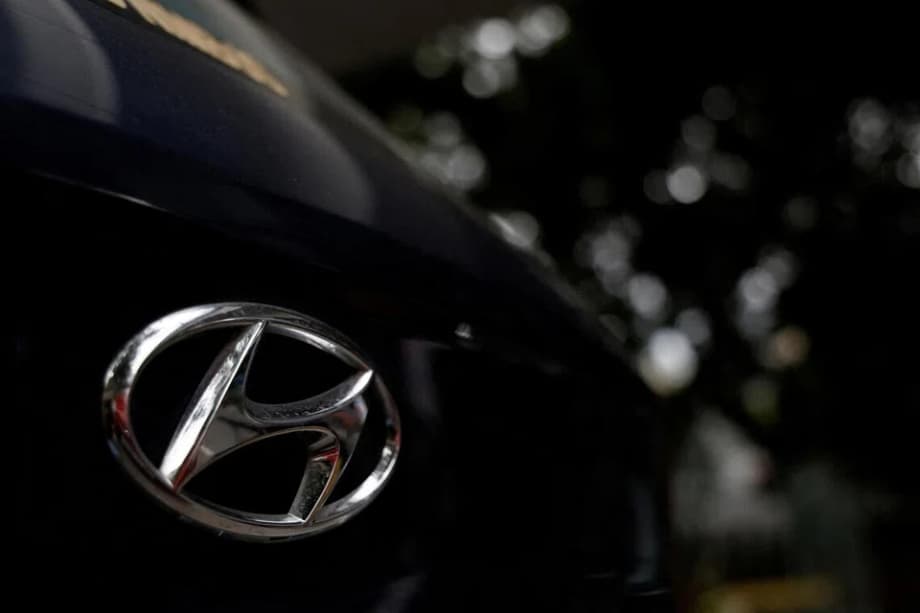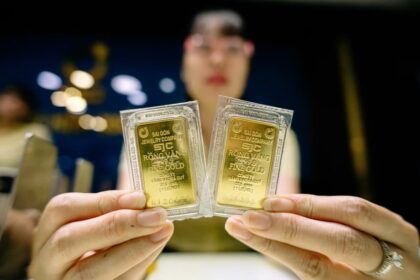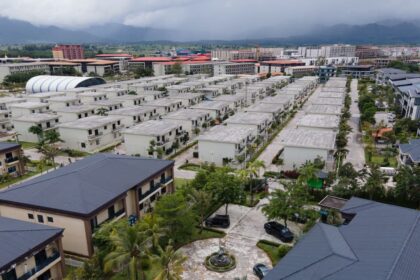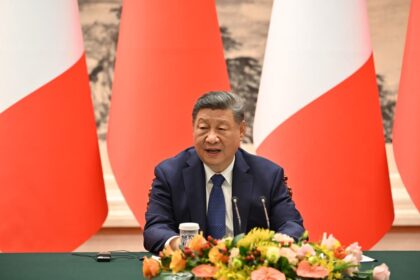South Korea announces large recall over EV battery software and fuel filter flaws
South Korea’s transport regulator has ordered a sweeping safety action covering 260,184 vehicles spanning 57 models, with more than 180,000 from Hyundai Motor Group. The Ministry of Land, Infrastructure and Transport said the automakers will carry out voluntary recalls to correct confirmed manufacturing defects. The largest issues involve electric pickup trucks and vans fitted with battery management software that can elevate fire risk, and combustion models with fuel system parts that could cause engines to stall. Notices indicate work will begin on October 30 in South Korea, with automakers contacting owners and preparing parts and software at dealers.
- South Korea announces large recall over EV battery software and fuel filter flaws
- Which models are affected?
- Why authorities flagged a fire risk
- Power loss cases tied to the ICCU: what drivers need to know
- Small U.S. Ioniq 5 recalls show why assembly precision matters
- How this affects drivers outside South Korea
- Safety concerns after a mass EV battery fire in 2024
- What owners should do now
- At a Glance
Hyundai Motor will recall 85,355 units of the Porter II Electric due to a design flaw in the battery management system (BMS) software. Kia, a Hyundai subsidiary, will recall 54,532 units of the Bongo III EV for the same software defect. Officials say the BMS problem could raise the chance of overheating inside the high voltage pack, potentially leading to a fire in a small fraction of vehicles if left uncorrected.
The recall also covers combustion models. Hyundai’s Tucson is being recalled because of a design flaw tied to fuel filter components, while Kia’s Seltos faces a similar defect that can shut the engine down. Dealers will inspect the affected parts and update software or replace components free of charge.
Which models are affected?
Authorities listed a broad mix of vehicles across multiple brands, with Hyundai and Kia accounting for the majority. Public summaries identify the following from Hyundai Motor Group as core to the action, while additional BMW Korea and Stellantis Korea models are also included in the wider campaign.
- Hyundai Porter II Electric, 85,355 vehicles, BMS software flaw linked to potential fire risk
- Kia Bongo III EV, 54,532 vehicles, same BMS software defect and fire risk
- Hyundai Tucson, fuel filter component design flaw
- Kia Seltos, engine could shut down due to a related fuel system issue
Officials noted that other manufacturers are included in the total of 57 models, though the largest share belongs to Hyundai Motor Group. Each brand will publish service bulletins detailing inspection steps and remedies that align with the specific fault.
Repair timing and local differences
The South Korean campaign is scheduled to start October 30. Vehicle owners will receive notifications, and dealers will apply software updates or replace faulty parts at no cost. In market guidance, Hyundai’s distributor in Singapore said the Porter model is not sold there and that Tucsons in Singapore are imported from Europe, a reminder that recall actions often vary by region and build source.
Why authorities flagged a fire risk
The common thread in the Porter II Electric and Bongo III EV recalls is the battery management system. The BMS is a control layer that balances cell voltage, monitors temperature and controls charging. If BMS logic is flawed, it can misread conditions or fail to keep cells within a safe window. Mistakes in those control routines can stress parts of the battery pack. That stress can trigger overheating in rare circumstances, especially if a pack already has a weak cell, a damaged connector or inadequate cooling.
Software updates can strongly reduce risk by changing thresholds for temperature and voltage, altering charge profiles and improving how the pack sheds heat. Dealers will run diagnostics, apply updated software and, if readings are outside target values, conduct deeper inspections of modules and high voltage connections. Owners will not be charged for this work.
Power loss cases tied to the ICCU: what drivers need to know
Separate from the South Korean BMS issue, Hyundai and Kia have been addressing a different problem in North America and other markets that can cause loss of propulsion. The fault centers on the integrated charging control unit (ICCU). The ICCU manages several tasks, including charging the 12 volt battery that powers low voltage systems, and coordinating aspects of AC and DC charging. In some vehicles the ICCU can be damaged by electrical or thermal stress. When that happens, the 12 volt battery may stop charging, which can limit power and eventually leave the vehicle unable to drive.
Recent recall filings in the United States cover more than 145,000 Hyundai and Genesis vehicles built from 2022 through 2025, including Ioniq 5, Ioniq 6, and several Genesis electrified models. A related action on nearly 63,000 Kia EV6 vehicles brings the combined total above 208,000. The remedy includes a software update designed to reduce voltage spikes at charging endpoints and to better manage cooling, and when fault codes are present, replacement of the ICCU assembly and fuse. Owners are notified by mail, and dealers complete repairs at no cost.
Understanding the 12 volt battery is useful in this context. Every modern EV carries a conventional 12 volt system that runs power steering, lights, airbags, control modules and door locks. If the ICCU stops maintaining the 12 volt battery, the vehicle can light warning messages such as a Power Limited alert, then gradually reduce available power. Regulators say drivers typically have time to maneuver to a safe location before the vehicle stops moving. Automakers have reported no injuries in connection with these ICCU recalls.
Small U.S. Ioniq 5 recalls show why assembly precision matters
Hyundai also flagged an extremely small set of 2025 Ioniq 5 vehicles in the United States for potential fire risk inside the high voltage pack. The issue concerns bus bar retention bolts that may not have been tightened enough during assembly. Loose bolts can cause electrical arcing, which increases the chance of a thermal event. The recall covers about ten vehicles built over a two day period. Owners were instructed to visit dealers for inspection and torque checks at no cost.
In a filing submitted to U.S. regulators, Hyundai included a standard safety instruction for affected owners while repairs are pending.
Hyundai’s U.S. recall notice advised owners to park outside and away from structures until the recall repair is completed.
Another small action on the 2025 Ioniq 5 addressed rear toe and camber adjustment bolts that might not have been fully tightened at the factory. Drivers could notice vibration or a rattling noise. Dealers replace the bolts, perform an alignment and replace tires if needed, all free of charge. These limited recalls underscore how a small assembly miss can have outsized safety consequences, especially in systems that carry high current or bear suspension loads.
How this affects drivers outside South Korea
Recall campaigns are often specific to vehicle origin, supplier batch and market certification. That is why a model name in one country can be covered while a similar model elsewhere is not. The Singapore distributor for Hyundai noted that the Porter is not sold there and that local Tucsons are sourced from Europe. Owners should still run a vehicle identification number check to confirm status in their market and watch for direct notifications from the brand’s local office.
Drivers in the United States can search open recalls by VIN using the government portal and set alerts for updates. A quick way to check is the federal database at the National Highway Traffic Safety Administration. Owners can enter their VIN at the NHTSA recall site and see whether any actions apply to their vehicle. For convenience, visit NHTSA Recalls.
Safety concerns after a mass EV battery fire in 2024
Public attention to EV safety in South Korea rose sharply after an EV battery fire last year that damaged hundreds of vehicles and led to temporary parking restrictions at garages across the country. Consumer groups and local governments called for greater transparency in battery supply chains and for faster public reporting when field data signals a potential hazard.
South Korea is one of the world’s major producers of batteries and electric vehicles. The country’s domestic EV adoption has been growing. EVs accounted for 9.3 percent of new car purchases in 2024, a higher rate than in the United States for the same period. Policymakers and industry leaders have framed prompt recall action and clear owner guidance as essential to maintaining consumer confidence.
What owners should do now
Owners of the affected vehicles can reduce risk and avoid inconvenience by taking a few simple steps. Automakers and regulators encourage immediate action if a notification arrives or if warning signs appear on the dashboard.
- Check your VIN for open recalls on your brand’s website or the government database in your market
- Schedule the recall service promptly, since software updates and inspections are free
- Do not ignore alerts such as Power Limited or warnings tied to 12 volt charging or high voltage systems
- If your vehicle is covered by a fire risk notice, follow the advisory to park outside and away from structures until the repair is completed
- Ask your dealer for documentation of all work performed and keep repair records
- If you experience repeated failures, contact customer care for escalation and learn about consumer protections available in your region
At a Glance
- South Korea ordered recalls for 260,184 vehicles across 57 models, with more than 180,000 from Hyundai Motor Group
- Hyundai Porter II Electric and Kia Bongo III EV are recalled for BMS software flaws tied to fire risk
- Hyundai Tucson and Kia Seltos face recalls for fuel system defects that can stall engines
- Separate U.S. recalls address ICCU failures that can stop charging the 12 volt battery and cut drive power
- Over 208,000 Hyundai, Genesis and Kia EVs were recalled in North America for ICCU fixes
- A small U.S. Ioniq 5 recall covers about ten vehicles for loose battery pack bolts, with a park outside advisory
- Repairs are free, with software updates and parts replacement where needed; owners will receive notifications
- EV safety remains in focus after a 2024 battery fire incident in South Korea and rising EV adoption












